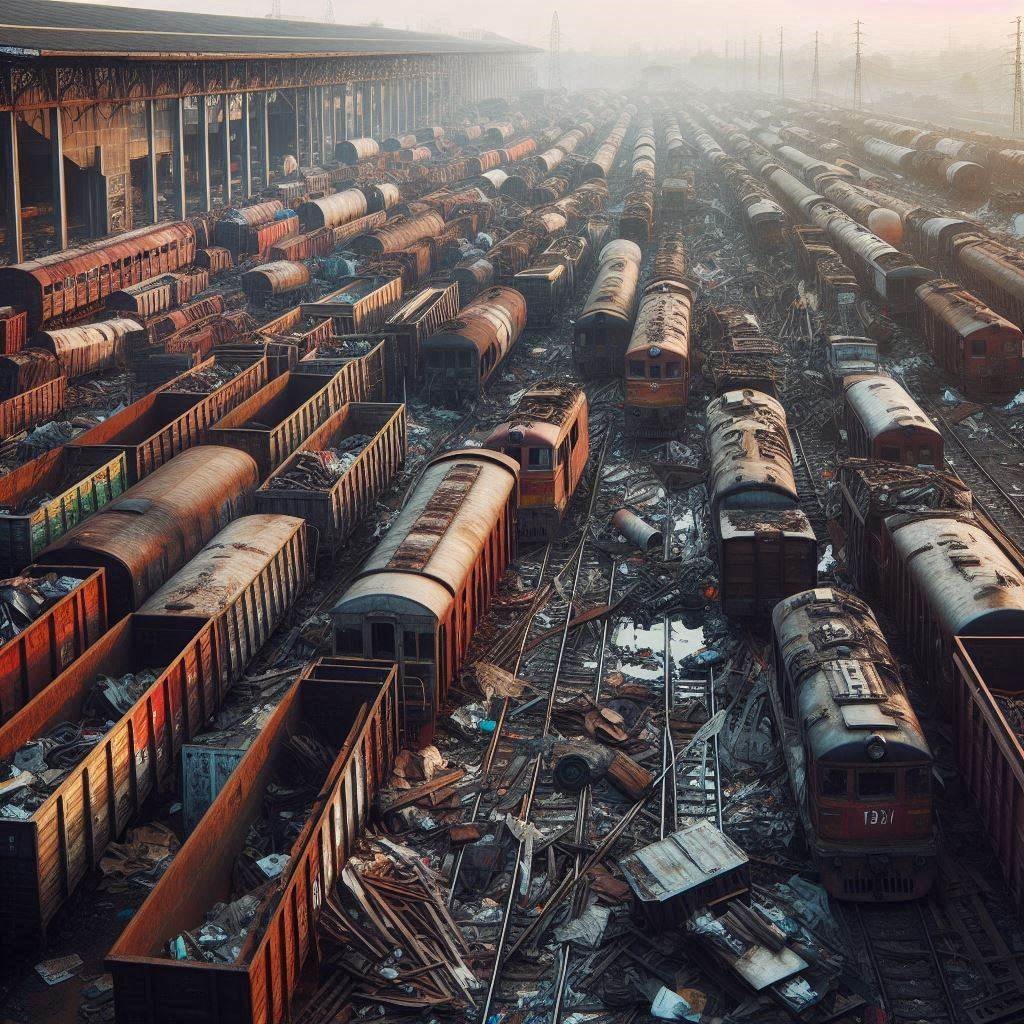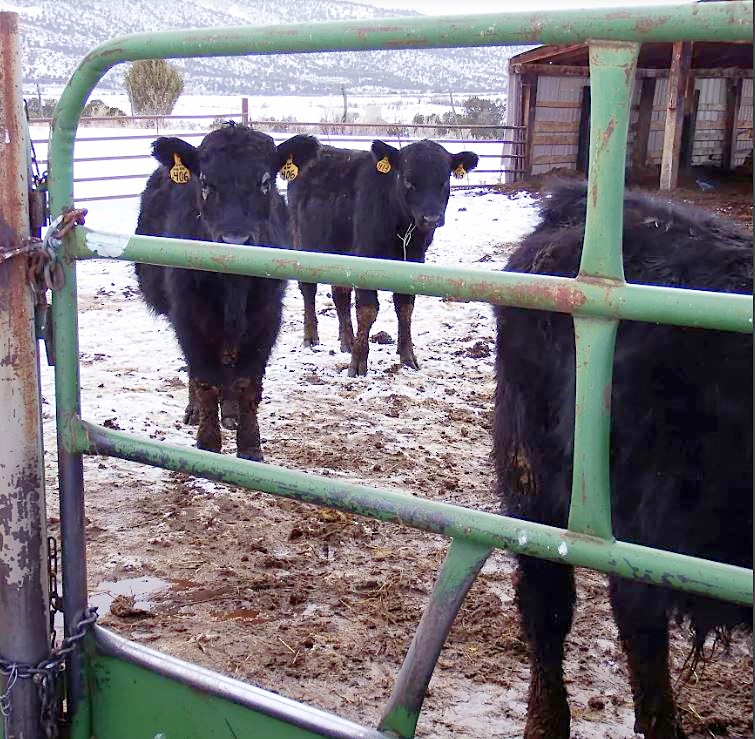California recently adopted a zero-emission requirement for all railroad locomotives in the state by 2030, which many critics are saying could cripple the nation’s freight rail network. That’s because California doesn’t have its own separate fleet of locomotives. So, to keep the trains running, the rule effectively forces nationwide compliance with one state’s policy. California can make whatever rules it wants for freight trains, but they don’t stay in California.
An iconic 2003 ad campaign used the slogan “What happens in Vegas, stays in Vegas.” It became a pop culture standard and even a blockbuster Ashton Kutcher/Cameron Diaz movie. I think it ought to be the official policy of the State of California, but unfortunately, what happens there does not stay there.
“Original jurisdiction” cases involve disputes between two or more states, such as border or water rights disputes, and can only be resolved by the Supreme Court. Such cases are not common (the high court hears only 2-3 a year), but even more uncommon are cases where multiple states file suit against each other. Such is the case this season, as 19 states have filed suit against California, alleging that it is illegally attempting to impose its aggressive climate agenda on the rest of the country. The locomotive rule is one of several examples.
It is a fascinating legal argument because California (and four other states named in the suit) does not really deny the accusation. Indeed, it is part of the strategy of the U.S. Climate Alliance (USCA), which boasted in 2021, “Over the past four years, we have coordinated across state lines to enact ambitious bipartisan climate solutions and leverage our collective market power to transform the U.S. economy.” That was in the USCA’s Annual Report, which “Details Pathway to Achieve 2030-2050 Climate Goals Through Collective State-Federal Action.” Here it is the state action, led by California and New York, that is at issue. Nineteen other states are now asking, legally, “who died and left you king?”
The argument is that the Fourth Amendment to the Constitution guarantees to every state “a republican form of government,” in which policies are set by representatives elected by the people in that state. Not by governors and legislature in other states. So, when California, New York and a handful of other states (Colorado among them) sign onto policy documents agreeing to change the entire U.S. economy away from carbon sources – including states that have not joined USCA and do not share that goal – they have “an inequitable excess” of influence over policies everywhere.
In other words, by what authority does California get to decide that Wyoming should not have a substantial energy economy, with jobs and communities dependent on oil, gas, and coal?
The Supreme Court will hear the argument that California and four other states are trying to advance an anti-fossil fuel agenda for the entire country through legal actions and state regulations. The plaintiff states are asking the Court to determine whether these USCA states can legally interfere in other states’ energy policies, which is the real effect.
The suit points out that “Plaintiff States and their citizens rely on traditional energy products every day. The assertion that Defendant States can regulate, tax, and enjoin the promotion, production, and use of such products beyond their borders… threatens profound injury.”
Far from denying the accusation, defendant states have doubled down and proudly admit they are doing precisely that. New Jersey Attorney General Matthew Platkin said he was sure the high court would dismiss the case, and Connecticut’s Attorney General similarly trashed the 19 plaintiff states, calling it “a fake lawsuit filed in the Land of Make Believe.” But the loss of tens of thousands of energy jobs across America is hardly make-believe.
It is uncertain how the Supreme Court might rule on this unprecedented case, but clearly California and the others won’t care. Co-defendant New Jersey’s Attorney General said, “In any event, our important work continues.” Meaning they won’t care whether the court says they can proceed.
Their plan is to stop the use of fossil fuel energy to power trains, planes, and automobiles. Like California’s law barring the sale of gas-powered cars in 2035 – a policy already copied by a dozen other states. To them, the fact that interstate commerce is involved does not mean policies must be federal. It just means they can railroad the rest of the country, like an unstoppable locomotive. And that is the crux of the problem. What happens in California doesn’t stay in California.






